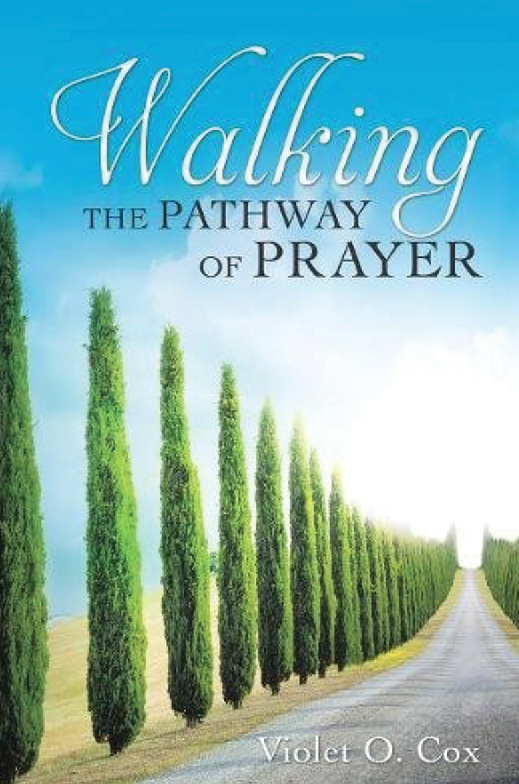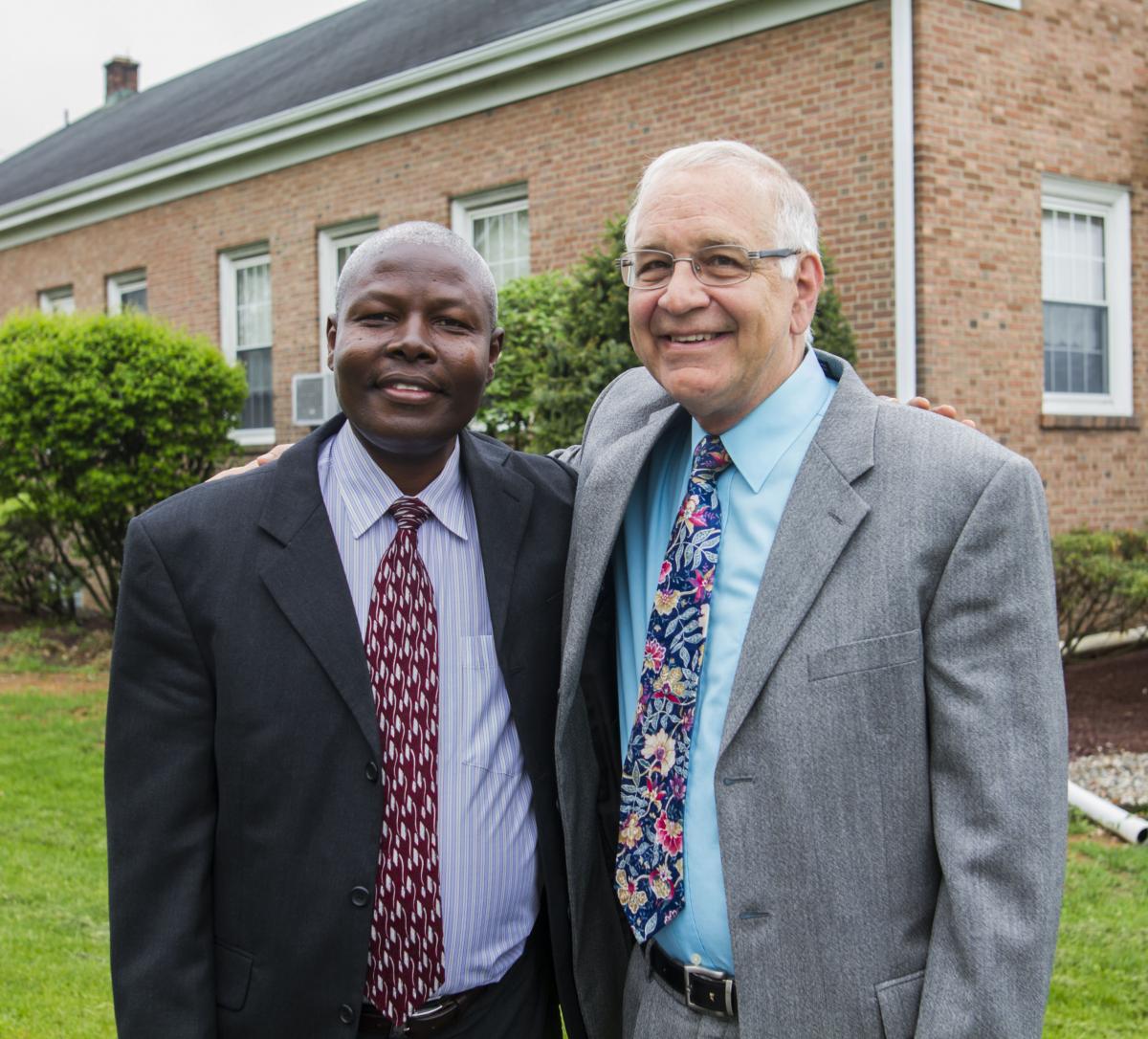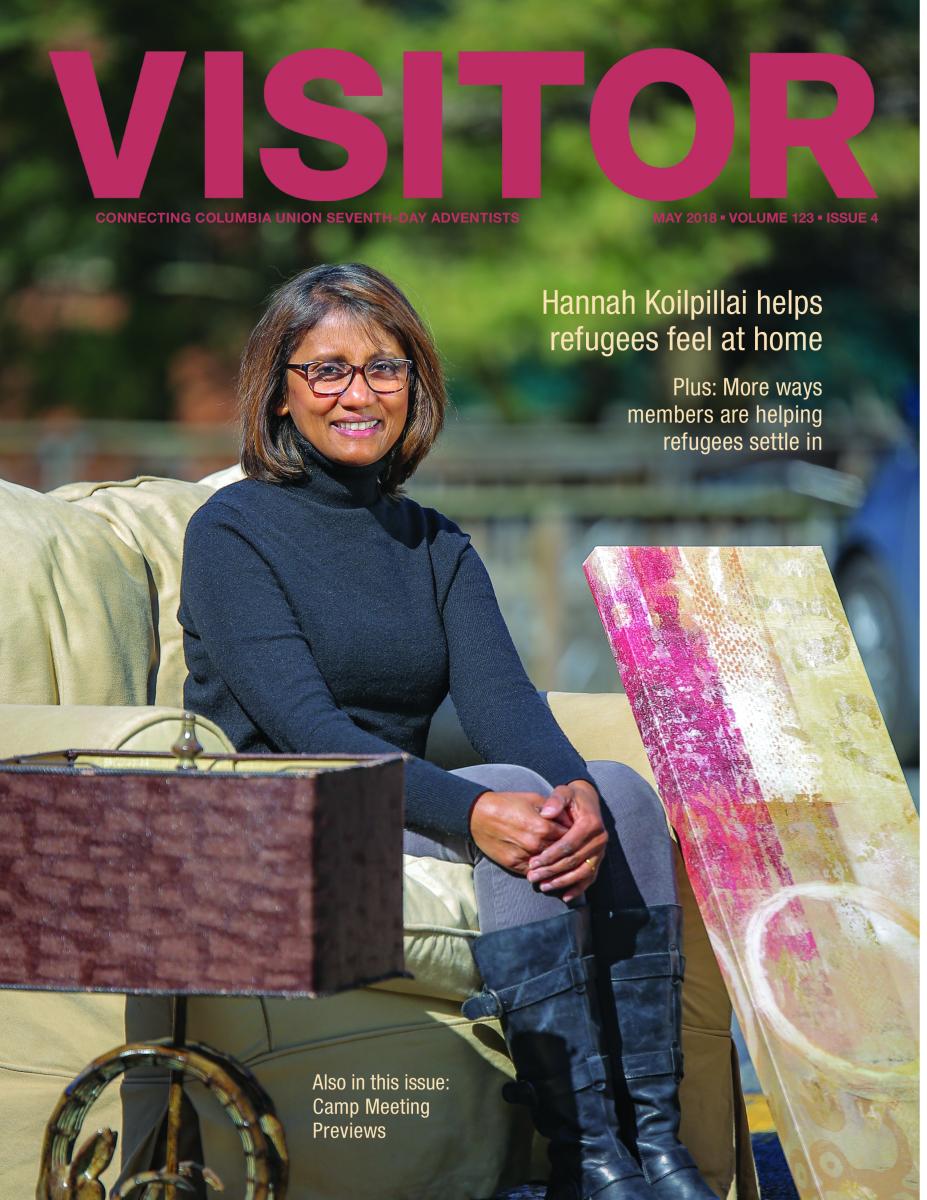I nterview by V. Michelle Bernard
nterview by V. Michelle Bernard
Through her book, One Thing I Ask, Debbie Luther Howell wants to lead Christians back to knowing God through His Word.
Through her book, One Thing I Ask, Debbie Luther Howell wants to lead Christians back to knowing God through His Word. “I want them to have a passion for the Bible because when they open its pages they sense His very presence,” says the member of the Chesapeake Conference’s New Hope church in Fulton, Md. Read our interview with Howell below:
Visitor Magazine: How has praying through the Bible impacted you personally?



 In her book, Walking the Pathway of Prayer, Violet Cox, Prayer Ministries director for the Allegheny West Conference, invites readers to journey with her and discover a more meaningful prayer life.
In her book, Walking the Pathway of Prayer, Violet Cox, Prayer Ministries director for the Allegheny West Conference, invites readers to journey with her and discover a more meaningful prayer life.

 Story by Edwin Manuel Garcia/ Images by Brian Tagalog, Kristi Rutt, Marving Alegria, Goodness Mcfiberesima and Tracey Brown
Story by Edwin Manuel Garcia/ Images by Brian Tagalog, Kristi Rutt, Marving Alegria, Goodness Mcfiberesima and Tracey Brown
 Read these stories from the May 2018 Visitor:
Read these stories from the May 2018 Visitor: